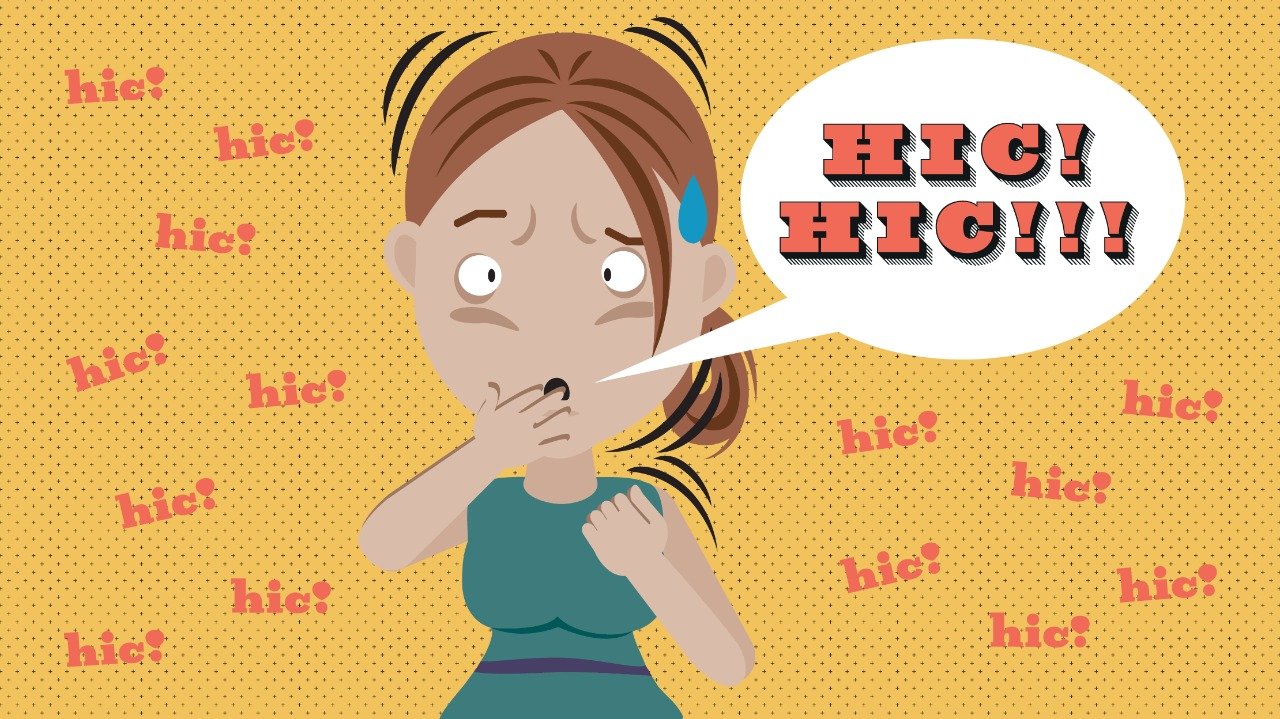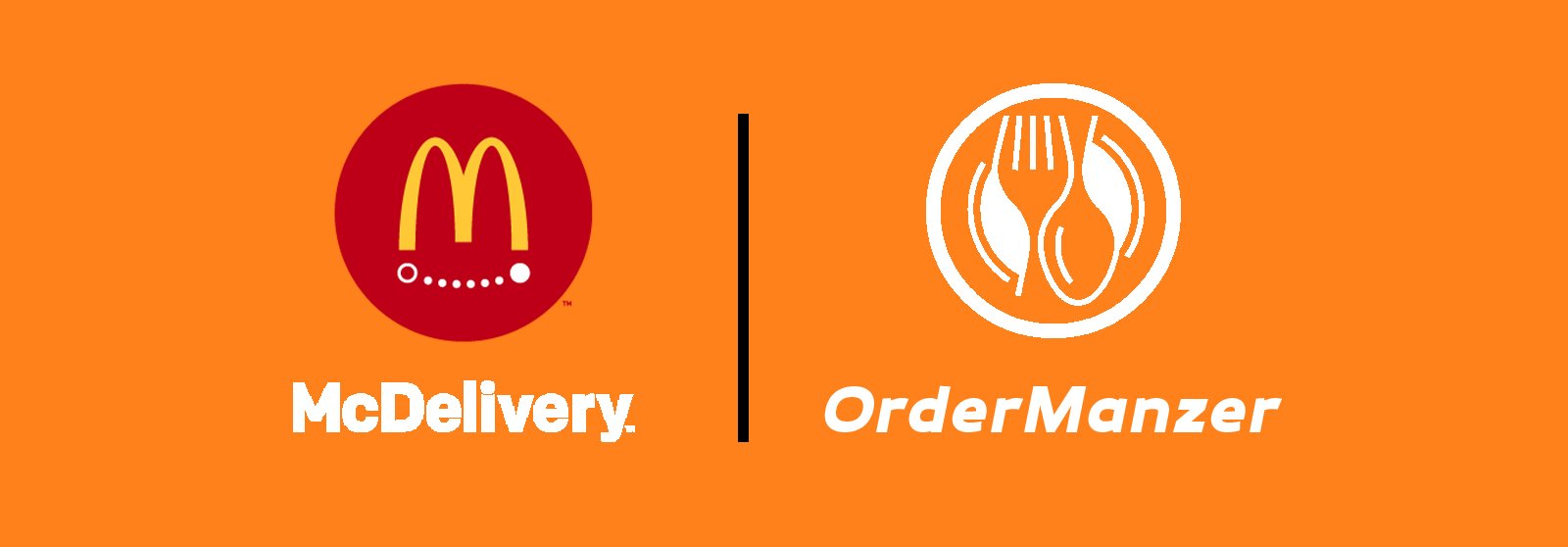Hiccups: Harmless mystery for many


Most of us will get the dreaded ‘hic hic’ at some point, usually followed by a well-intentioned onlooker suggesting a home remedy. We look at whether any actually work, and why we get the hiccups in the first place.
What actually is a hiccup? Hiccups are repetitive, uncontrollable contractions of the diaphragm muscle - that’s the muscle that separates your lungs from your abdomen and regulates your breathing. The diaphragm contracts as you breathe in and relaxes as you breath out. Hiccups are caused when the diaphragm contracts out of rhythm. Each spasm closes the vocal cord suddenly and results in a sudden rush of air to the lungs. Your body reacts with a ‘hic’ sound that most of us are familiar with.
There are many tried and tested ways suggested by folks to get rid of them - these include drinking water, diverting your attention to something sudden or scary in your immediate surrounding, a loud pat on the back or simply taking deep breaths. Of all of these, downing a glass or two of water is, by far, the most commonly advised method.
One can drink cold water in order to get rid of hiccups. Cold water helps in stopping the irritation caused in the diaphragm by various factors that cause hiccups and eventually helps in regularising normal movement. Quickly gulping down the cold water relaxes the momentum caused by the contractions in the diaphragm and relieves from the excessive amounts of spasms.
Many people find that unusual methods like biting a lemon or tasting vinegar can stop them. The idea behind this theory is that the sour taste of lemon or vinegar can shock the body and distract the brain away from the hiccups to make them stop.
It turns out that some of the hiccups myths might be true. Hiccups usually happen randomly and for a short amount of time, scientists find it difficult to study them, so a lot of cures don’t have a large amount of scientific backing.





